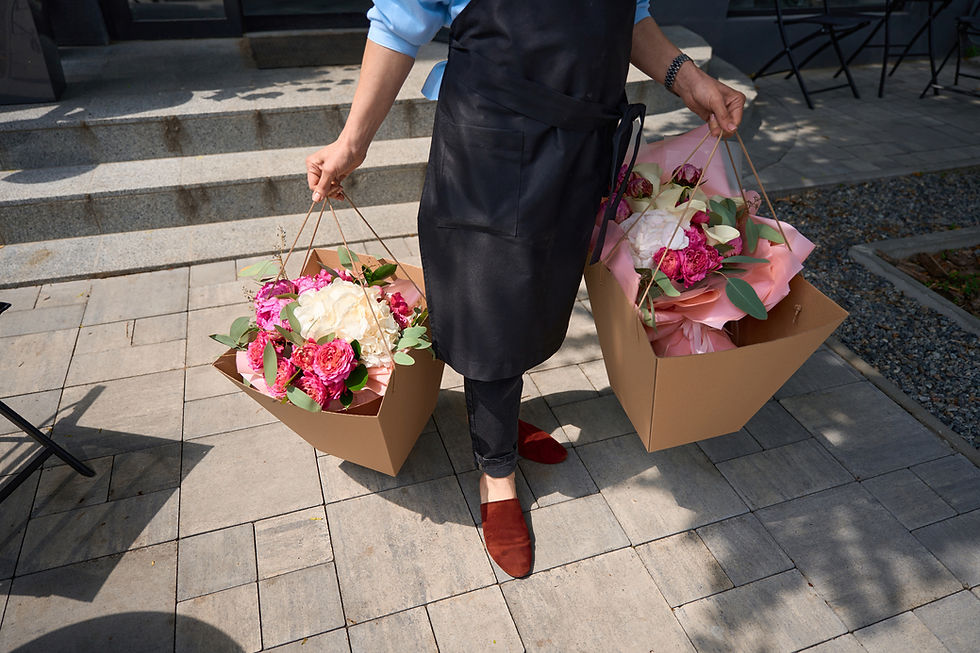Wetlands: The Final Phase
- Helena van Achterberg

- Mar 13, 2024
- 2 min read
At Marginpar Group, we are embracing the need for more sustainability, striving to meet international best practice standards in our industry along with actively pursuing benefits to our workforce and the communities in which we're based.
One of our key areas of our focus on sustainability, is water usage reduction. Dirty water is filtered in the new Wetlands areas, a natural filtration system that cleans water for reuse.

Nearing Completion
Now that the last wetlands in Kenya are being completed, and construction has started in Ethiopia, we’re so close to reaching a huge sustainability milestone. In a matter of months, all our farms will be efficiently repurposing their wastewater in a sustainable manner.
MIMICING NATURE
But what exactly are wetlands, and how do they work? ESG Manager Steve explains: “We constructed wetlands to imitate the natural treatment of wastewater; it is a biomimic system.”

1. COLLECT
Wastewater, like water from fertigation* rooms, pack houses or the canteens, is collected and directed to the wetlands, that lay on a lower area of the farm (no pumping required!). It then flows through different tanks and ponds with different elements that clean the water.

2. PURIFY
The first phase entails physical removal of “dirt”; the water sits in a sedimentation tank, and then passes through stones and gravel. Once the water reaches the ponds, also called surface cells, smart use of different water plants ensures the removal of small molecules, like nitrogen and phosphorous.

3. REUSE
At the end of this process, the water is clean and can be used for the flower fields again. Because of this, and catching rainwater and runaway water, we are able to save around 35% on electricity for borehole pumping!
We are extremely proud of the development of the wetlands, and of the enthusiasm of our people who have put great effort into it. We will keep you updated on further development.
*FERTIGATION IS A COMBINATION OF THE WORDS "FERTILISER" AND "IRRIGATION" AND IS USED TO DESCRIBE THE SIMULTANEOUS APPLICATION OF WATER AND FERTILISERS TO PLANTS.
For 35 years, Marginpar has been dedicated to crafting the most exceptional summer flowers. We were among the first to introduce fresh cut flowers from Africa to the Dutch flower auctions. We produce 300 million stems a year, on 460 hectares of production land.






Comments